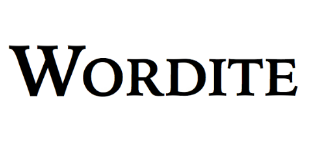whom - What does it mean?
'whom' hits on the web
You may have been searching for a specific social media @whom profile or the tag #whom
Definition of 'whom'Alternative forms
* whome (obsolete)
Pronoun
( en-pron)
What person or people; which person or people, as the object of a verb.
-
*
What person or people; which person or people, as the object of a preposition.
-
*
|title=( The Celebrity)|chapter=1
|passage=The stories did not seem to me to touch life. They were plainly intended to have a bracing moral effect, and perhaps had this result for the people at whom they were aimed.}}
* {{quote-book|year=1922|author=(Ben Travers)|title=(A Cuckoo in the Nest)
|chapter=1 citation
|passage=He read the letter aloud. Sophia listened with the studied air of one for whom , even in these days, a title possessed some surreptitious allurement.}}
*
Him; her; them (used as a relative pronoun to refer to a previously mentioned person or people.)
-
*{{quote-book|year=1935|author= George Goodchild
|title=Death on the Centre Court|chapter=1
|passage=“Anthea hasn't a notion in her head but to vamp a lot of silly mugwumps. She's set her heart on that tennis bloke
*
Usage notes
( Usage examples)
Subject (always who ):
: Who ate my sandwich?
: There is the thief who ate my sandwich.
:: i.e. The thief ate my sandwich.
Direct object:
: Who(m) did you see?
: I saw an old friend who(m) I had not seen for years.
:: i.e. I saw an old friend .
Indirect object:
: Who(m) are you giving your apple to?
: She is the angel who(m) I'm giving my apple to.
:: or
: To whom are you giving your apple?'' (fronted prepositional phrase, almost always ''whom )
: She is the angel to whom I'm giving my apple.
:: i.e. I'm giving my apple to her .
( rel-bottom)
|
